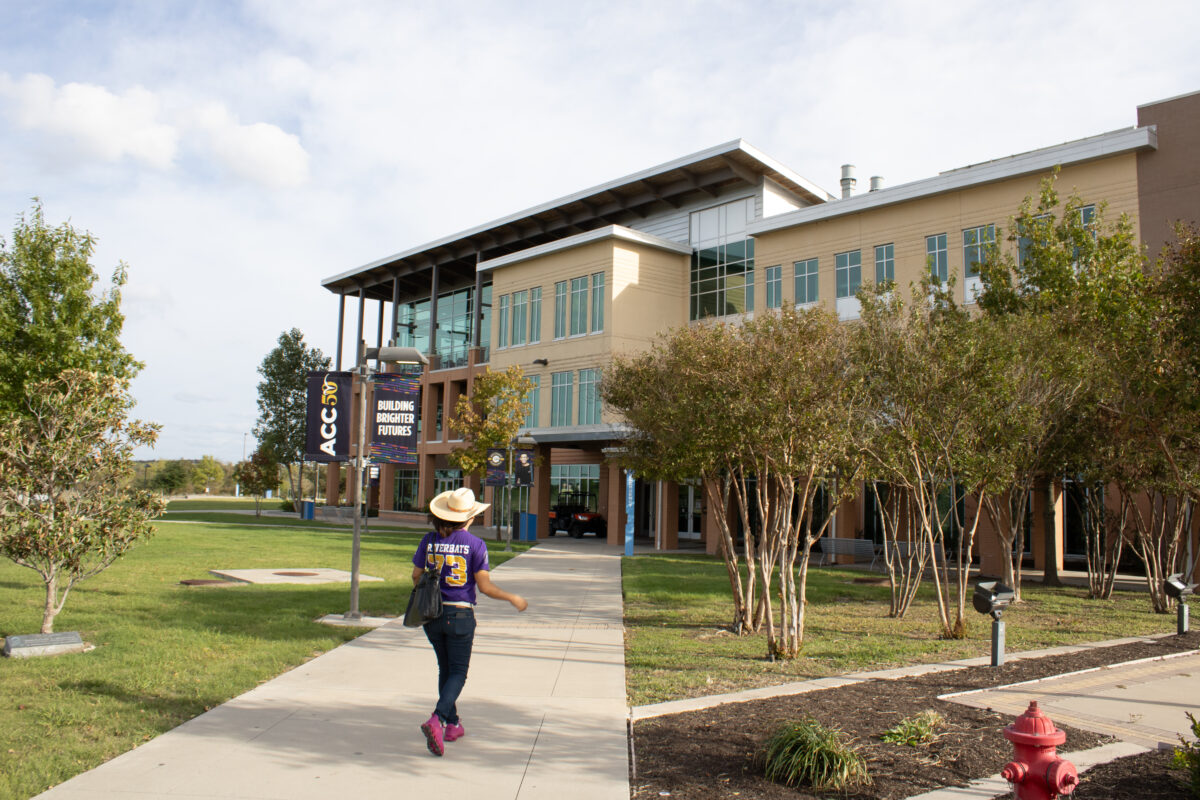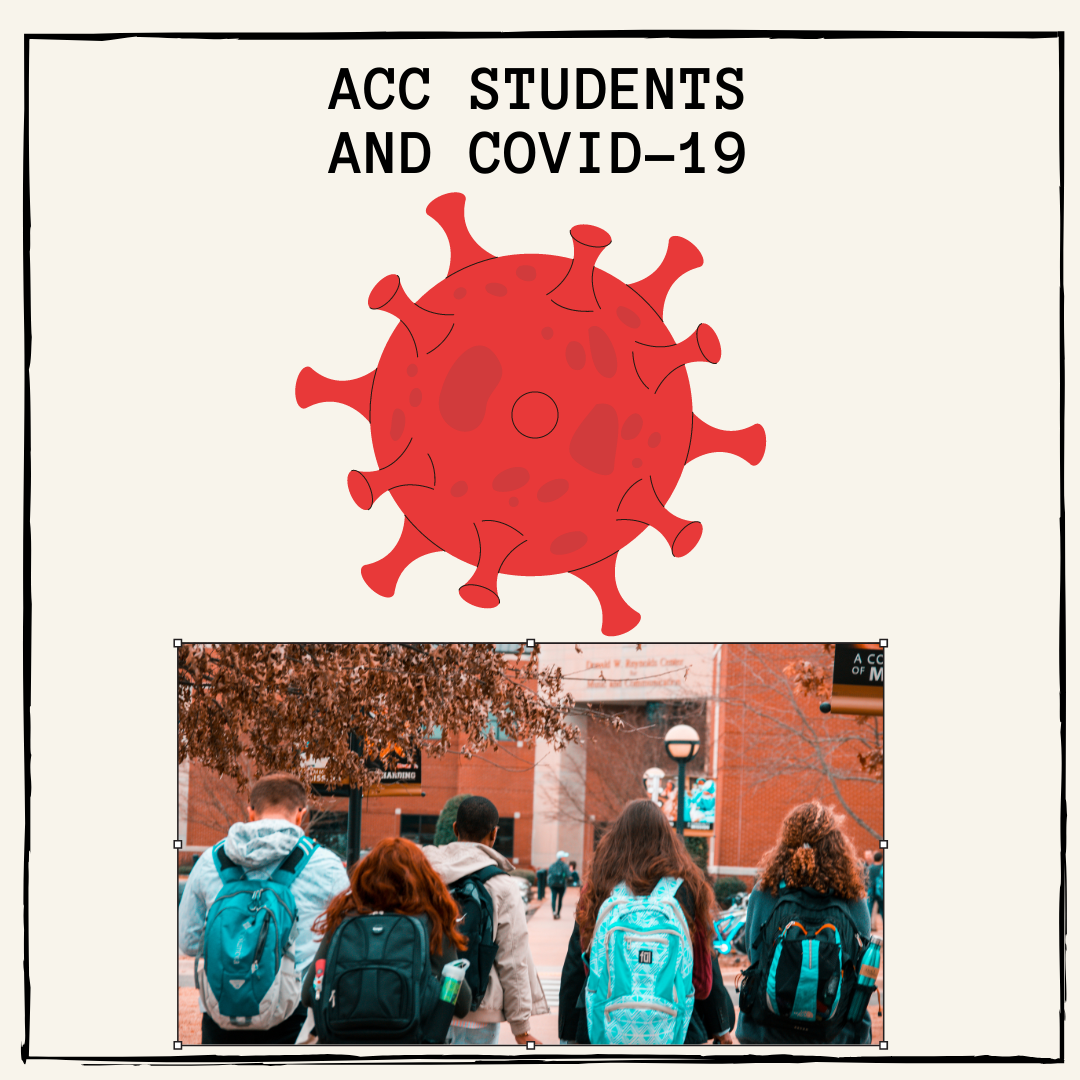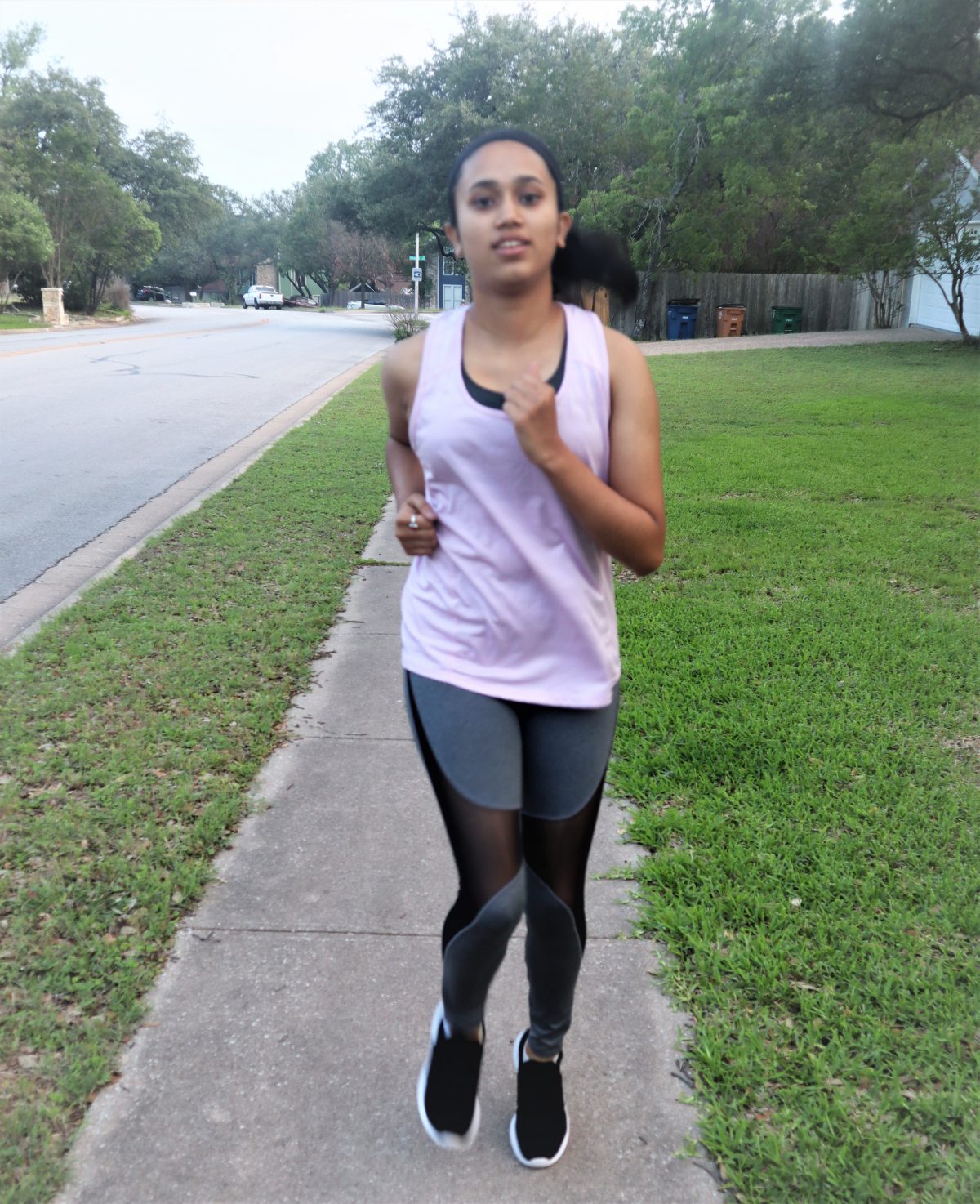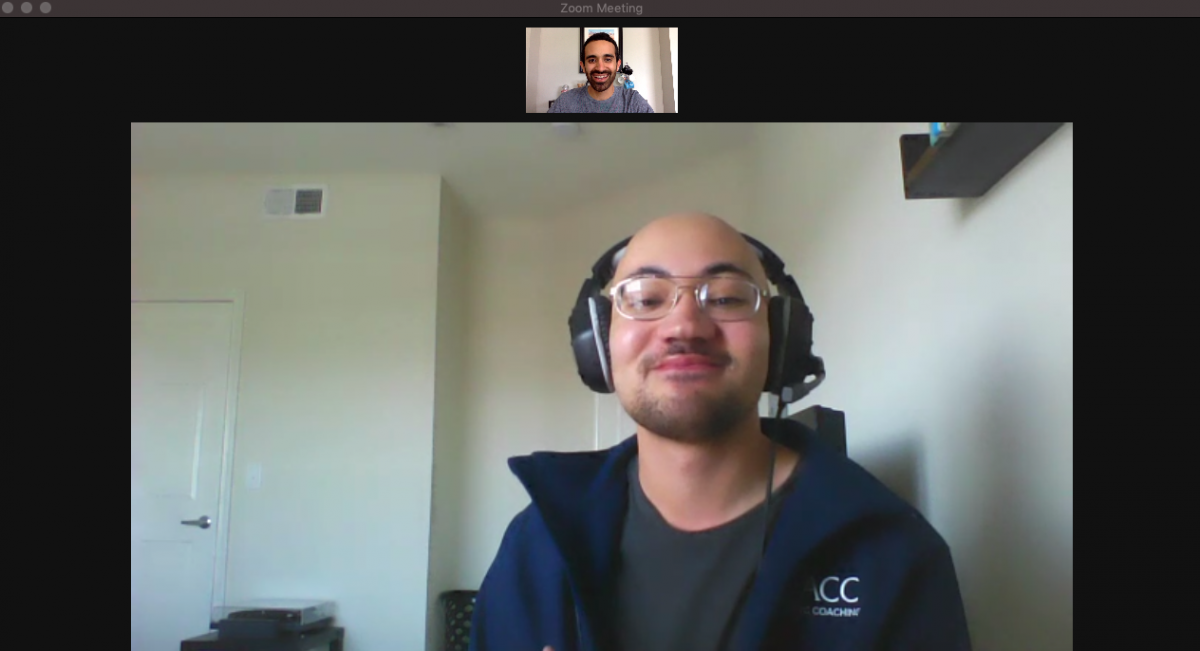Category: Campus Viewpoint
-

Elgin Hours
As the eastern side of Austin Community College’s zoning district explodes in population, some students state that ACC’s Elgin campus hours do not adequately service student needs.
-

ACC Students and COVID-19
Story by Duncan McIntyre Edited by Pete Ramirez We are all still living through one of the most significant periods in human history. Each person you encounter has likely experienced an unexpected change in their own story because of the COVID-19 pandemic. The virus has affected each of us in a unique and perhaps fundamental…
-

How Students Stay Active
Knowing that COVID-19 restrictions would push people towards the couch, Partin found a way to continue to inspire ACC students to work on their fitness.
-

Signing Up with a Study Group
The Study Session I attended has introduced me to an additional resource on my academic journey, one that I will be heavily utilizing in the future. I recommend that any student struggling with a class or requiring a place to review take advantage of all the Learning Lab has to offer.
-

ACC Students Take on Virtual Events
Three students of Austin Community College share their perspectives on how virtual events have impacted their life, and what they believe could be done better; a guide for officials to consider, and implement into the academic format we now consider our new normal.
-

-

I Tried Pomodoro Studying
By: Pete Ramirez I’ll admit it, managing my time has never been easy for me. At times, I have felt as if my to-do list is a never-ending tower that enjoys piling onto my anxiety. Luckily, I received an assignment that has given me an effective tool to combat that pesky to-do list. I have…
-

-

How to Be Sustainable Through the Holiday Season
This is a large amount of trash that is being produced during a small period of time and that can be easily avoided if more sustainable choices are made.
-

ACC Fashion Design Students Share About Their Style
ACCENT reporter, Angela Murillo Martinez meets with two ACC students to learn more about their style and what it means to them
